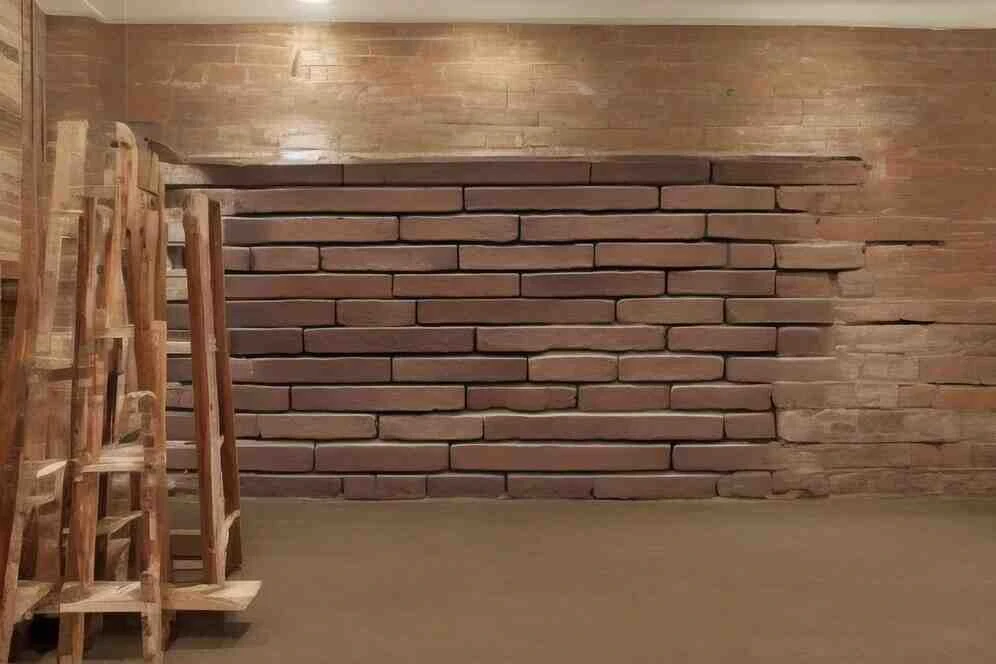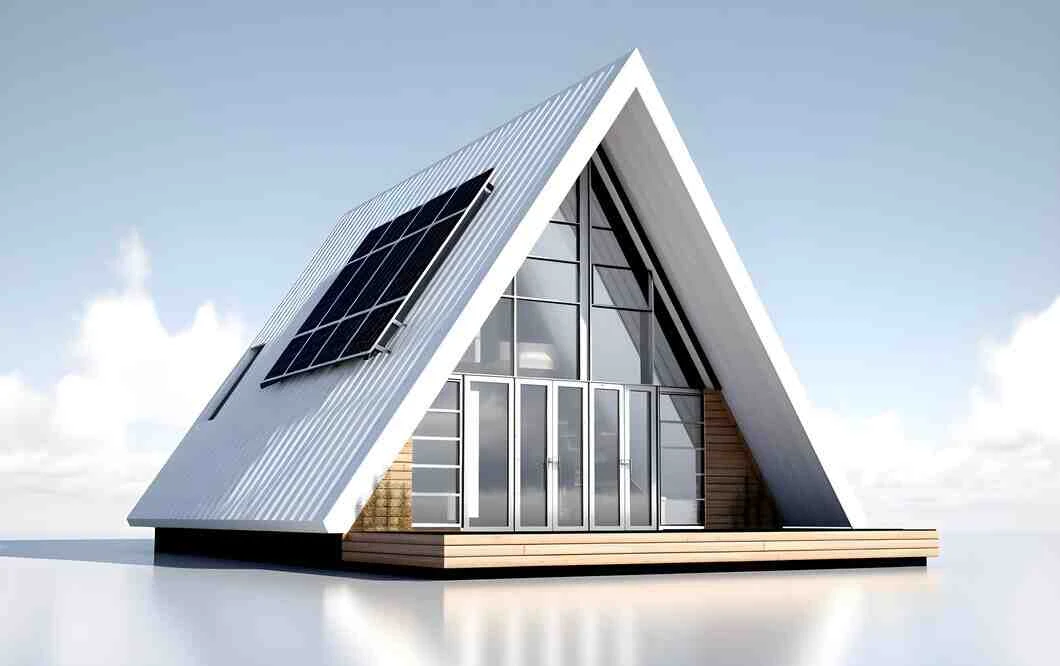
Renovating vs. Building New: Which Option Is Right for You?
1. Assessing Your Current Home
Before making any decisions, it"s essential to evaluate your current living situation and the state of your existing home.
1.1. Condition of Your Home: Consider the overall condition of your current residence. Is it structurally sound, or does it require extensive repairs or upgrades?
1.2. Layout and Space: Evaluate the layout and space available in your current home. Does it meet your current and future needs, or do you feel constrained by its design and size?
1.3. Sentimental Value: Consider any sentimental attachment you may have to your existing home. Renovating can preserve the history and memories associated with your property.
2. Cost Considerations
Budget plays a pivotal role in deciding between renovation and new construction. Both options have unique financial implications.
2.1. Renovation Costs: Renovations can be cost-effective compared to building a new home, especially if your existing structure is in good condition. However, unexpected issues may arise during renovations, impacting the budget.
2.2. Construction Costs: Building a new home provides the opportunity to start with a clean slate, but it can be more expensive upfront due to construction and land costs.
2.3. Long-Term Savings: Consider long-term savings related to energy efficiency, maintenance, and operating costs. New homes often feature modern, energy-efficient systems that can result in lower utility bills.
3. Design and Customization
The level of design flexibility and customization you desire can influence your decision.
3.1. Renovation Constraints: Renovations may come with limitations imposed by the existing structure. It can be challenging to achieve a completely new design or layout without significant structural changes.
3.2. New Construction Freedom: Building a new home offers more design freedom and customization options. You can create a space that perfectly aligns with your vision and lifestyle.
4. Timeline and Convenience
Consider your timeline and convenience, as both renovation and new construction have distinct timeframes and logistics.
4.1. Renovation Timelines: Renovations can be quicker than new construction, allowing you to stay in your current home during the process. However, extensive renovations may disrupt your daily life.
4.2. Construction Timelines: Building a new home typically takes longer, requiring temporary housing arrangements. It"s crucial to plan for the transition and any potential delays in construction.
5. Environmental Impact
The environmental impact of your decision is a significant consideration in today"s eco-conscious world.
5.1. Sustainable Renovation: Renovations can be sustainable by incorporating eco-friendly materials and energy-efficient upgrades. This approach reduces waste and minimizes the carbon footprint associated with new construction.
5.2. Green Building for New Homes: Building a new home provides the opportunity to implement the latest green building practices and technologies, creating a highly sustainable and energy-efficient dwelling.
6. Future Needs and Growth
Consider your long-term plans and how they align with your housing choice.
6.1. Renovation for Short-Term Goals: If your current home meets your short-term needs, renovating may be the ideal solution. However, consider how well the renovated space will accommodate future growth or changing circumstances.
6.2. New Construction for Long-Term Goals: Building a new home can be a wise investment if you anticipate long-term residency or significant lifestyle changes. It allows you to create a space that can adapt to your evolving needs.
7. Neighborhood and Location
Your neighborhood and its location can influence your decision.
7.1. Community and Neighbors: Consider your attachment to your current community and neighbors. Renovating allows you to stay in your familiar surroundings, while new construction may require a change of location.
7.2. Land Availability: If you have a large plot of land and want to expand, building a new home may be more feasible. However, limited land availability in your desired neighborhood may make renovation a better choice.
8. Local Regulations and Zoning
Be aware of local regulations, zoning laws, and building codes that may impact your choice.
8.1. Renovation Compliance: Renovations must comply with existing building codes and regulations. Depending on the extent of the work, you may need permits and inspections.
8.2. New Construction Approval: Building a new home may require approvals and permits from local authorities. Ensure you understand the regulatory process in your area.
Conclusion
The decision between renovating and building a new home is a complex one that involves careful consideration of various factors, including your budget, needs, goals, and personal preferences. Ultimately, the choice should align with your vision for your living space and your future plans. Whether you choose to breathe new life into your existing home or embark on a new construction journey, remember that both options offer the potential for creating a comfortable and personalized environment that suits your lifestyle and aspirations.











